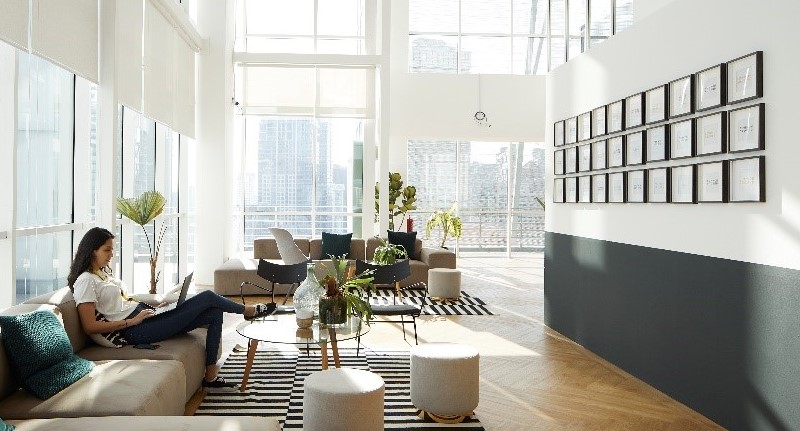- Following this merger, the portfolio now consists of 45 workspaces across 12 cities in nine countries
- Singapore-based Catch Group and Malaysia-based Emissary Capital have backed the venture, with an IPO planned for in the future
- The various workspace brands will be kept
Following the merger of regionally recognised brands such as The Cluster, Common Ground and the Hive under the one umbrella, the Flexi Group has been launched, becoming the largest flexible workspace operator in Asia-Pacific.
Following this merger, the portfolio consists of 45 locations across 12 cities and nine countries, which includes Australia, Hong Kong, Singapore, Thailand, Malaysia, Vietnam, Taiwan, Japan and the Philippines.
The locations offer a range of membership solutions for businesses of all sizes from the typical coworking memberships to full-service enterprise solutions.
This merger is backed by investment from the Singapore-based Catch Group and Malaysia-based Emissary Capital, with aims for an initial price offering that will then allow the company to consolidate the flexible workspace industry through mergers and acquisitions.
Asset-light approach
The Flexi Group CEO, Chris Edwards, said he is delighted to launch the new venture, especially at an unusual time for the industry.
“The pandemic has changed the way the world works, with businesses of all sizes shifting their workplace strategies towards flexible solutions, employee wellbeing, and collaborative spaces, and we are excited to be at the forefront of that trend.”
The Flexi Group has an asset-light approach to its real estate ventures, which involved partnering with landlords on joint ventures as opposed taking on large rental agreements. These landlords include Hirsch and Faigen in Australia, Petronas in Malaysia, Central Group in Thailand, Chinachem Group in Hong Kong and Ortigaas in the Philippines, with more to be announced over the next few months.
“We work with some of the leading landlords in the region who see flexible workspaces as a natural evolution of their business,” added Mr Edwards.
“They work with us to help engage the tenants in their buildings, offering them access to best-in-class events, flexible work solutions and bookable meeting and event spaces. Asset owners can also unlock revenue potential as our partners see increased returns of up to 30% vs a traditional lease structure.”

Alongside their landlord partners, the company will continue to expand their brands through the region with new locations to open in Malaysia, Australia, Thailand, Singapore and the Philippines over the next twelve months.
“Our multi brand for a multi-demographic approach is unique in the region. This strategy gives us the opportunity to partner with landlords across a variety of asset classes across Asia and Australia,” said Mr Edwards.
“With our multiple brands targeting a different market segment across a variety of industries, we will see exponential growth and are forecasting to grow by up to 100 locations in the next three years,” he concluded.








